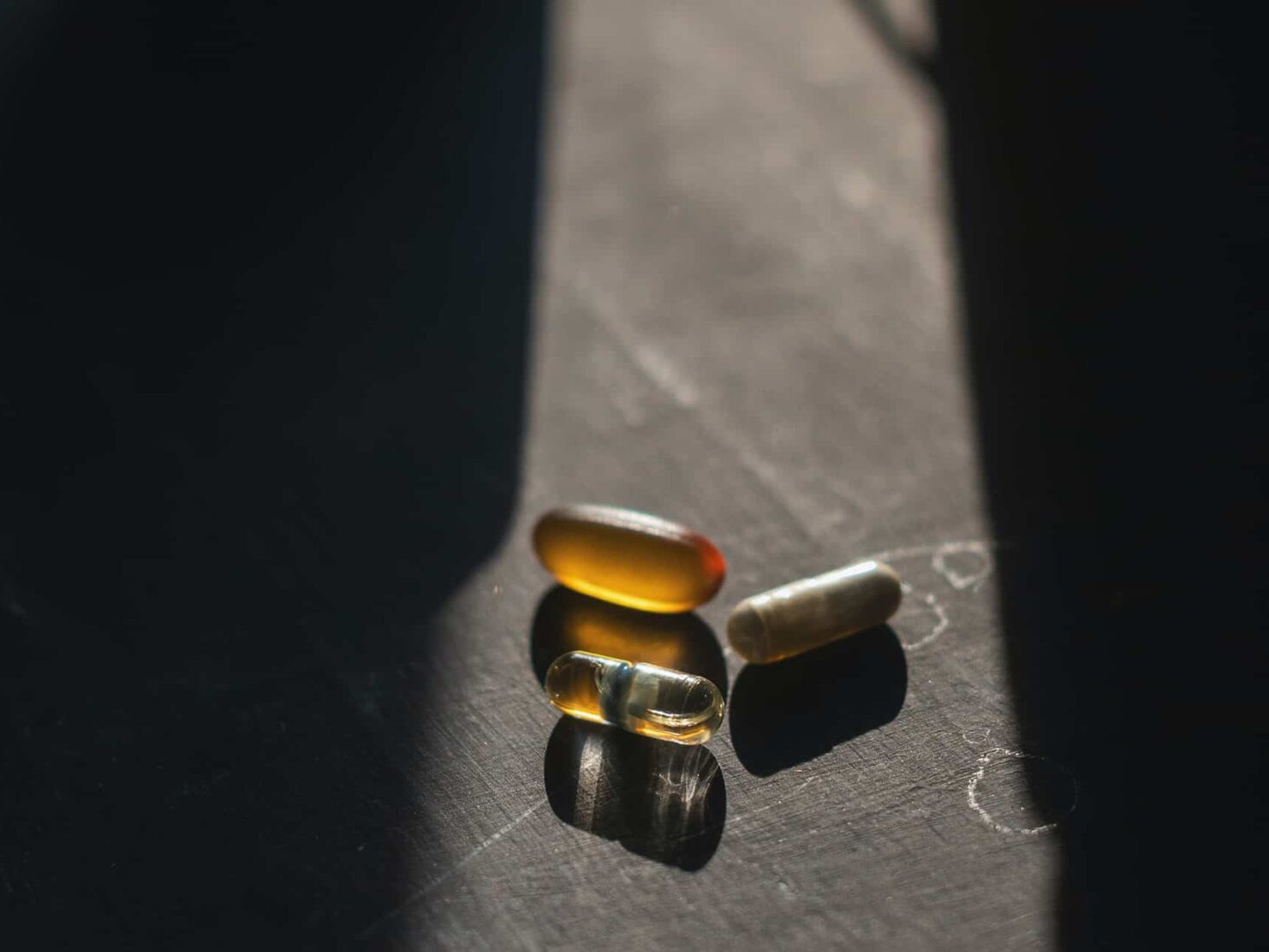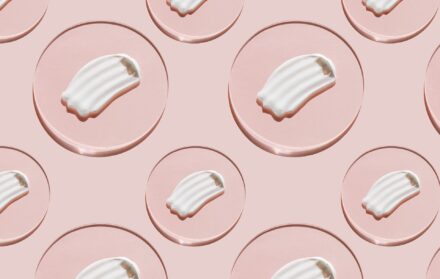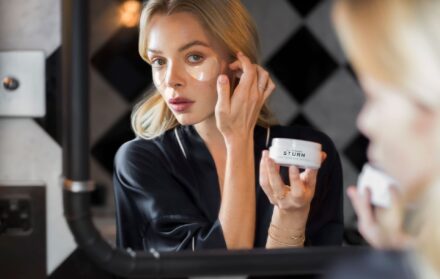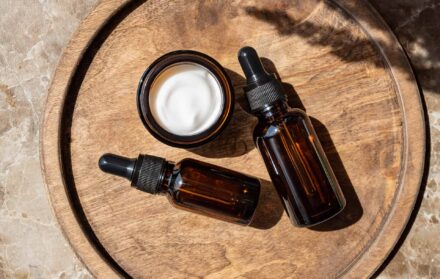
Biohacking: What is it and should you be trying it?
It’s a term often thrown around in the health and wellness industry, but what does biohacking actually mean? We get the expert lowdown
Biohacking has become something of a wellness buzzword over the past few years. You’ve probably heard of it but perhaps have no idea what it means (even though you’ve almost certainly tried it yourself without realising).
Biohacking, in plain English, is the practice of enhancing your body with supplements, activities and foods which make you feel good and support the body’s natural processes. To dumb it down, it’s do-it-yourself biology: you’re ‘hacking’ your body to help it perform better. Looking after your gut with supplements? That’s biohacking. Switching your phone off before bed and regulating your circadian rhythms to ensure a good night’s sleep? That’s biohacking. Meditating to clear your mind? You guessed it, that’s biohacking too.
While this may sound simple, amid stories about extreme health practices and clickbait headlines about the OTT wellness regimes of Silicon Valley CEOs, the meaning and intention of biohacking have got lost in translation. Read on for the expert lowdown on the subject, and discover how you can do it yourself.
What is biohacking?
“Biohacking as a term has been in use since the early 2000s, but the concept of using science and technology to optimise health and wellness has a much longer history,” explains Kasia Zajkowska, bioscientist and founder of Mayfair molecular wellness clinic BelleCell. “People have been using various techniques and technologies to improve their health and wellbeing for centuries, and the practice of biohacking can be traced back to ancient civilisations. In more recent times, the development of new technologies and advances in the field of biology have made it possible for individuals to take a more proactive and personalised approach to their health and wellbeing.”

At BelleCell, Zajkowska has built a state-of-the-art programme which incorporates a range of biohacking concepts designed to help reduce toxins and oxidants, and improve cognition and sleep quality (to name just a few).
“There are many different types of biohacking practices, and they can range from relatively simple to quite complex,” says Zajkowska. “At BelleCell, [we use] nutrient supplementation of expert formulations to improve wellness or performance. This can include things like vitamins, minerals, amino acids, or herbs.”
“It can actually be fun to work out what suits your body and discover how it can improve your energy and vitality levels”
Kathryn Danzey
The clinic also carries out genetic testing and nutrigenomics. The latter is another example of biohacking and involves using genetic information to optimise nutrition and diet. “By understanding how an individual’s genes affect their metabolism and nutrient needs, it is possible to create personalised nutrition and lifestyle plans that can improve health and reduce the risk of certain conditions,” adds Zajkowska.
Will biohacking make me healthier?
Kathryn Danzey, an integrative nutrition health coach, has been studying biohacking for years. After launching the supplement brand Rejuvenated in 2003 — which offers help with hormonal imbalance, protein intake and immune function — much of her work has been dedicated to finding ingredients and methods to improve human health.
“The basic principles of biohacking focus on living a healthier lifestyle. You may embrace just a couple of steps, and these can help to improve your overall health and reduce your risk of disease,” she explains. “It can actually be fun to work out what suits your body and discover how it can improve your energy and vitality levels.”

How to biohack your body
So, it’s time to put the theory into practice. Here, Danzey details a number of easy ways to practice biohacking.
Reboot your sleep patterns
In our ever-busy lives, sleep is not always a top priority. It’s actually essential for our body and mind to repair and recalibrate. It’s also the time when our cells metabolise ‘toxins’ so they can function at their best. Seven to eight hours sleep is the optimum amount to help protect against inflammation and degenerative diseases. Recent studies reveal that a poor night’s sleep can lead to an increase in amyloid-beta (Aβ), a molecule associated with Alzheimer’s disease. This supports the science for the connection between poor sleep and Alzheimer’s disease. Ensuring you get enough sleep will also help to protect your heart, brain, and support healthy weight management.
Reprogramme your gut
Biohacking your diet goes beyond just cutting out junk food and counting calories. Emphasise foods rich in fibre by adding fruit, vegetables, legumes, beans and pulses to your diet. Incorporating fermented foods, such as kombucha, kimchi, and sauerkraut, will also provide pre and probiotics to establish a diverse range of healthy bacteria in the gut. A healthy digestive system will help fight off infections and boost the immune system to protect against disease.
Upgrade your mind
Our mind works like a computer, if you feed it negative thoughts, these thoughts will dictate your overall mood. On the other hand, if you focus on positive feelings, they have a powerful impact on overall wellbeing. Practicing gratitude and mindfulness can help us to have a positive outlook and deal with stressful situations more easily. Take just a few minutes each day to sit quietly and calm the mind.
What are the benefits of biohacking?
There are plenty of obvious benefits to feeling your best. That feeling you get after a long, rejuvenating night’s sleep is unmatched so imagine if you could feel like that every day. But aside from personal pros, practicing biohacking could also advance the field of health and wellness even further.
Zajkowska explains: “Biohacking techniques could lead to the development of new diagnostic tools and treatments that are more effective and personalised than what is currently available. This could help people live healthier, longer lives.”
Read more: The beginner’s guide to sound bathing






